Poppies are as beautiful in the garden as their seeds are when sprinkled on a garden salad. Long regarded as a symbol of fertility, poppy seeds are the small, gray, kidney-shaped seeds from the poppy plant. They provide a mildly nutty flavor and crunch to baked goods as well as salads.
They gained popularity being used in baking, cooking, and medicinal applications. If you want to savor the taste and texture of this edible seed in your dishes, but don't have any on hand, below we’ll supply you with a list of poppy seed alternatives to continue with your cooking.
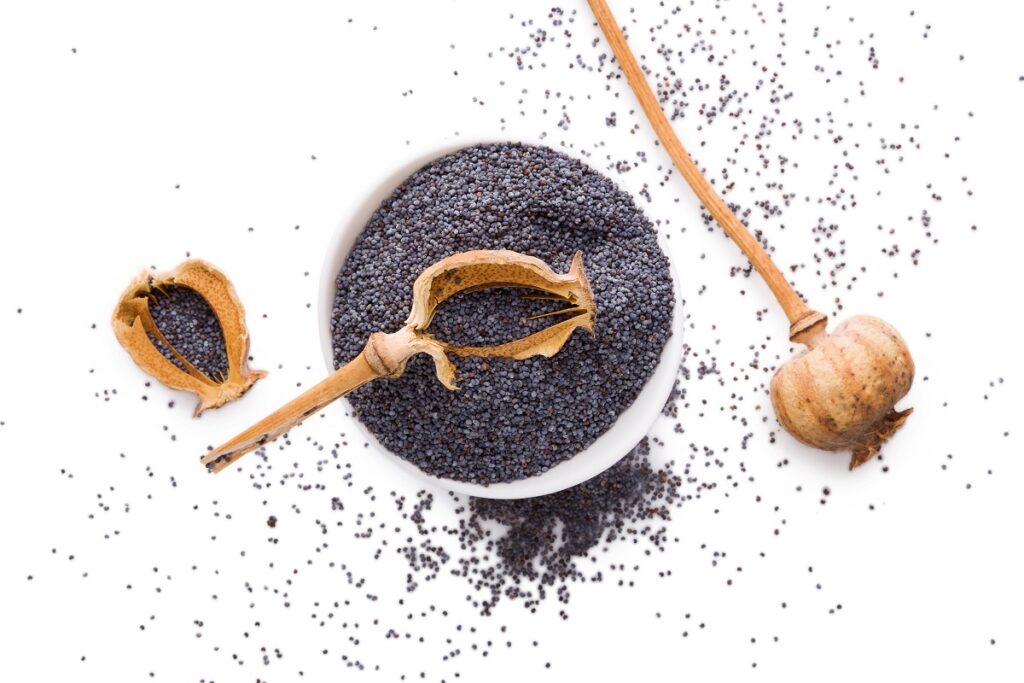
What Are Poppy Seeds?
Poppy seeds are seed spices that have been around since antiquity. They were discovered circa 5000 B.C., and originated in the Western Mediterranean region of Europe. This ancient spice's earliest recorded history dates back to prehistoric lake dwellings in Switzerland.
It is legally cultivated in many parts of the world including India, and most of Europe. According to the European Food Safety Authority (EFSA), poppy seeds are the edible oilseeds found in opium poppy plants, Papaver somniferum.
The natural seeds have a faint nutty scent and flavor, with just a hint of spice. There are many different types of poppy seeds. The two popular ones for culinary use are black and white poppy seeds. The blue seed, which almost appears black, is the most common poppy seed used in Western cuisine (in the United States and Europe), but Eastern cuisine like the Middle East and India are more familiar with the white poppy seed.
Poppy seeds are small, yet rich in vitamins and minerals. A tablespoon of poppy seeds contains 1.49 g protein, .88 g dietary fiber, 1.2 g sugar, 1.85 mg sodium, .26 mg Vitamin C, 127.42 g calcium, .14 mg copper, .83 mg iron, 29.13 mg magnesium, 74.71 mg phosphorus, and 61.6 mg potassium. The seeds are also a known demulcent, and are commonly used as a home remedy for constipation.
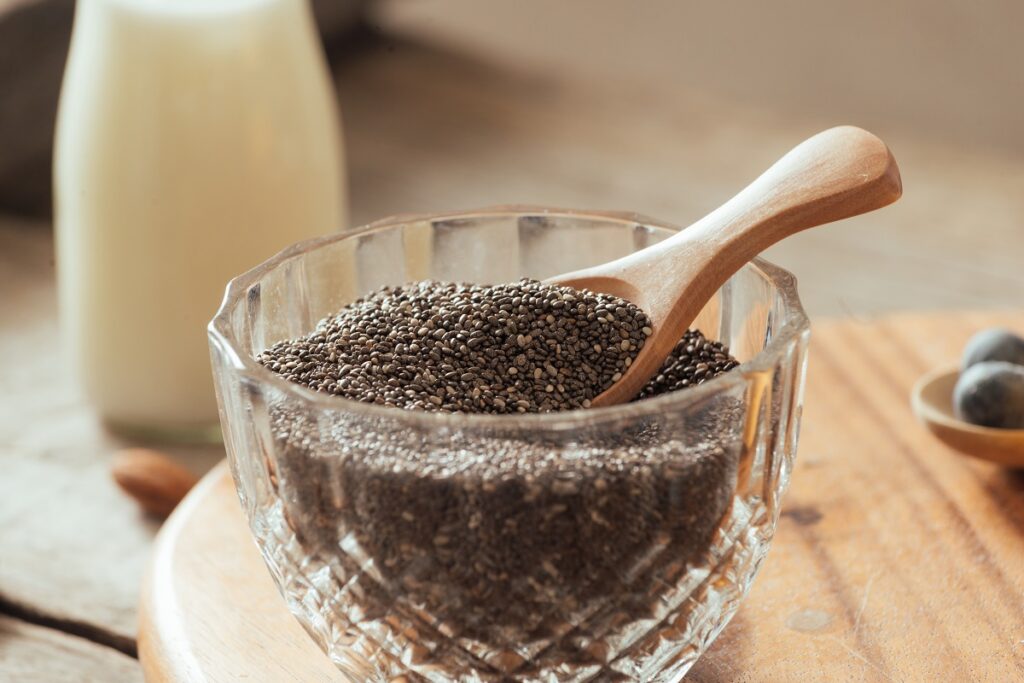
Even though they taste pleasant, (they’re on everyone’s favorite bagel!) and have restorative powers, many people are wary about using them in their food, largely due to the bad press from their shared origin with opium.
While it is true that some unwashed or contaminated poppy seeds can contain controlled substances such as opium alkaloids (morphine, codeine, and thebaine), washed poppy seeds from reputable sources contain absolutely no opium and are safe for consumption. Poppy seeds used in cooking are processed to have a very low opium alkaloid content, which is why they are legal to use in the kitchen.
If you're unfamiliar with the connection, opium is a drug derived from the poppy plant; in particular when the poppy pod is cut, the milky white substance containing the opium seeps out from it. Poppy seeds, on the other hand, do not contain the narcotic elements found in opium.
Before being supplied commercially, regulations ensure that poppy seeds used in culinary products are treated to guarantee that they are safe for ingestion. As a normal processing step, poppy seeds undergo a cleaning process that removes debris, including the vast majority of opioid residues. Heat treatment (such as baking) of finished products reduces the levels of opioid residue even further.
Now that the misinformation on poppy seeds has been debunked, these culinary seeds offer themselves as a texture and flavor enhancer to baked goods. They also lend aesthetic appeal to bread and other baked goods. When used in cooking and baking applications, recipes only contain a few grams of washed poppy seeds, so even from that perspective the quantity ingested is quite minimal.
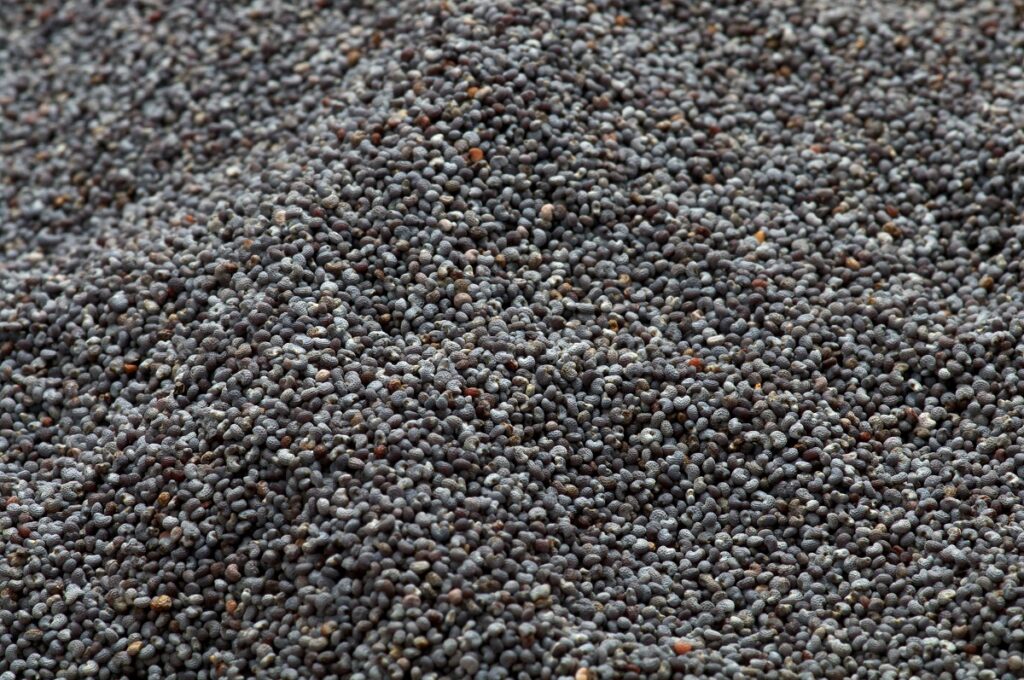
How to Use Poppy Seeds?
Poppy seeds are relatively expensive because they are mostly imported from Europe. They can be sourced in most groceries or online. The seeds are used to make a rich oil or to add flavor and decoration to foods.
A delicious, fatty oil is pressed from poppy seeds. This "oillette" is a suitable substitute for olive oil particularly in salads, cheese-based recipes, and butter sauces that work well on meats, vegetables, and pasta.
Common in Jewish pastries, mohn is made from ground poppy seeds, pulverized into a thick paste. Russian and Ukrainian bakeries also combine the paste with sweetened condensed milk to fill roulades and pirohi (sweet buns). Poppy seeds can be roasted before use to release their oils and bring out their flavor. Simply cook them for 2-3 minutes, or until aromatic, in a dry skillet over medium heat.
Poppy seeds are widely used for culinary and baking purposes. In India, they are used to thicken and give texture to curries and stews. They are frequently mixed into rice and lentil dishes. Because of its highly nutritive nature, it can be baked into muffins, cakes, or pastries in addition to being sprinkled on bagels, buns, or other bread.
They are also used in salad dressings for a crunch of texture, and as a spice in various foods like vegetables, noodles, or pasta dishes. They may also be added to a variety of foods as a garnish. Use them in a salad, as their own pudding, or on top of fruit.
Here are some low histamine recipes to help you add poppy seeds to your cooking:
- Poppy Seed Dressing
- Classic Lemon Poppy Seed Cake
- Gluten-Free Scones
- Poppy Seed Rolls
- Carrot Soup topped with Poppy Seeds
- Warm Chia Seed Pudding
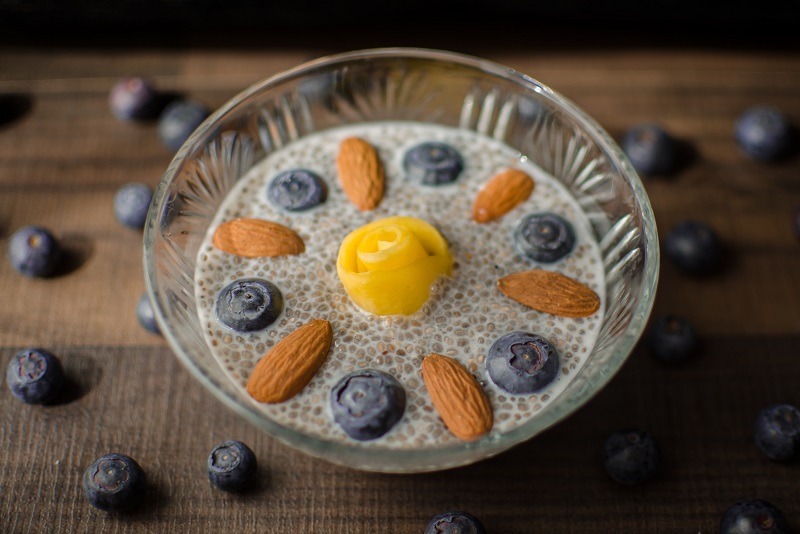
5 Best Poppy Seeds Substitutes
When out of poppy seeds for a recipe, sometimes the best option might be to do without the seeds entirely, since they’re mostly just used as a garnish or topping. If you don’t like poppy seeds or you just don’t want to buy them, but still want a similar taste and texture in your recipe, here are some replacements.
When looking for a substitute for poppy seeds in your dishes, look no further than its fellow seeds. Sesame seeds, hemp seeds, flax seeds, and even harder-to-find nigella seeds offer themselves as excellent alternatives when looking to replace the crunchy texture or mildly nutty taste.
If you’re looking to substitute poppy seed oil, olive oil is the perfect stand-in. Take a look at the list below to peruse our substitution guide.
Sesame Seeds
The best substitute for poppy seeds in baked goods is sesame seeds. While lower in fiber content, sesame seeds offer a desirable amount of nutrition, similar to poppy seeds. Sesame seeds provide an energy boost and are higher in iron, copper, and magnesium with less sugar content compared to poppy seeds.
Sesame seeds have the same mild nutty flavor as poppy seeds, so they work well in just about any recipe. Lightly toasting them will enhance the nutty flavor further.
Aside from flavor, they also have a similar texture. When sprinkled on top of food, brown or black sesame seeds look almost the same as poppy seeds. Black, brown, or white sesame seeds are widely available in any supermarket. Use sesame seeds for poppy seeds in a 1:1 substitution.
Nigella Seeds
Another good alternative is nigella seeds, which you can use in a pinch. Use nigella seeds if poppy seeds are a primary component in the recipe that you are making.
Nigella seeds come from a flowering plant that is actually in the buttercup family. They have a unique flavor that will make them a good poppy seed substitute in savory dishes. Since they resemble poppy seeds, you can also use them to garnish food in their place.
Nigella is most commonly used in Indian cuisine, so if you have this in your cupboard already, give it a try. However, nigella seeds are generally harder to find than poppy seeds. You can substitute them particularly well in naans or flatbread recipes. Use in a 1:1 swap.
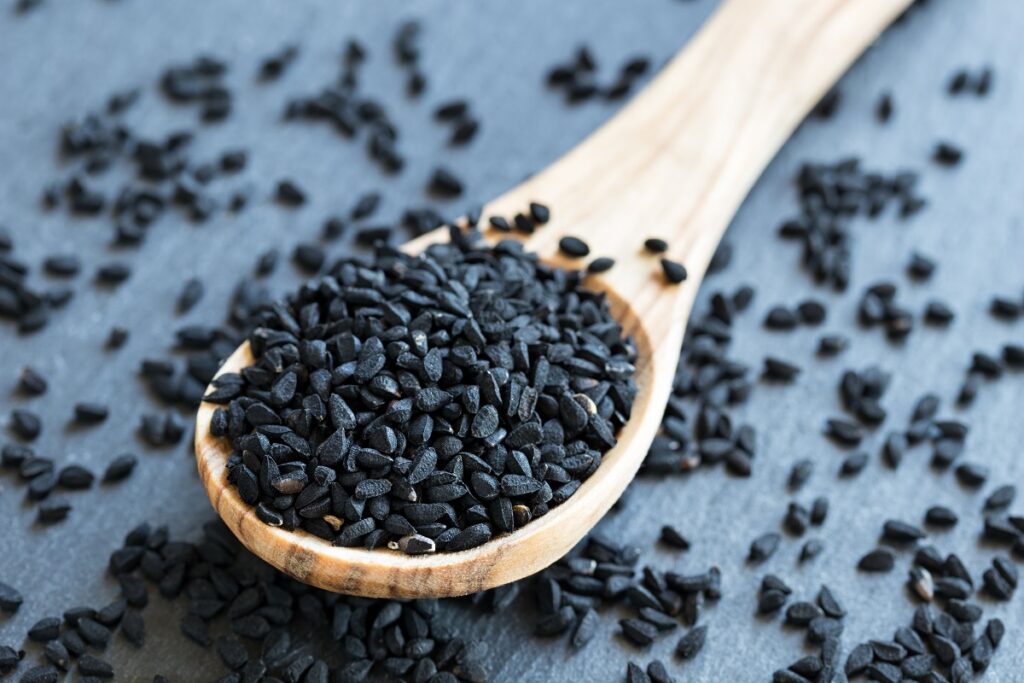
Ground Hemp Seeds
Unfortunately, there aren’t that many ingredients that will substitute for both taste and texture of poppy seeds. You are more likely to get one or the other. Hemp seeds offer themselves as a stand-in for the mildly nutty taste of poppy seeds.
To use it as a replacement for poppy seeds, you may need to grind them so that you get a texture that is similar to poppy seeds. They won't look like poppy seeds, either, but they taste remarkably similar.
Hemp seeds are generally best used in recipes that call for poppy seeds paste or as filling. Use ground hemp seeds as a 1:1 substitute for poppy seed in any recipe.
Flax Seeds
Another good ingredient to swap for poppy seeds is flax seeds. Flax seeds come from the flax plant, Linum usitatissimum, and are completely plant-based.
Flax seeds don’t look anything like poppy seeds, and can be a bit of a turnoff on the top of bread or muffins. Although they don’t look much like poppy seeds, their texture mimics them quite well. Use flax seeds as a 1:1 substitute for poppy seeds in any recipe, for a lot of crunch.
Olive Oil for Poppy Seed Oil
Poppy seed oil is the oil obtained from a poppy plant. Due to its pleasant nutty taste, as well as various health benefits, the poppy seed oil is widely used in food preparation. Poppy seed oil is used in salad dressings, as a cooking oil, and even as a dessert flavoring.
When looking to substitute poppy seed oil in your recipe, olive oil is suitable. One of the healthiest cooking oils in the world, olive oil is pressed from olives. A Mediterranean delicacy, olive oil also has a prominent olive taste with nutty undertones.
It boasts vitamins and minerals that outweigh those of poppy seeds. Use olive oil in any application where poppy seed oil would be used in a 1:1 ratio.

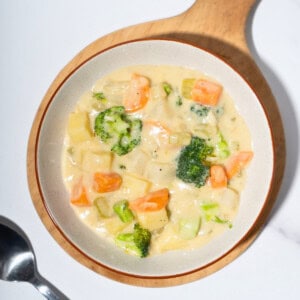
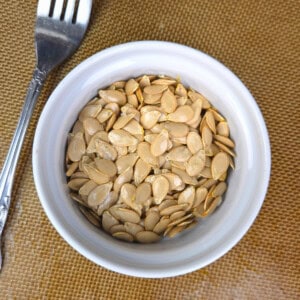
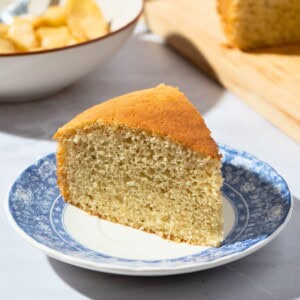
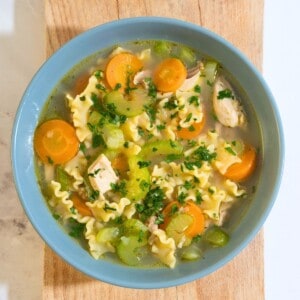
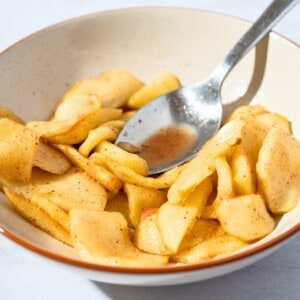
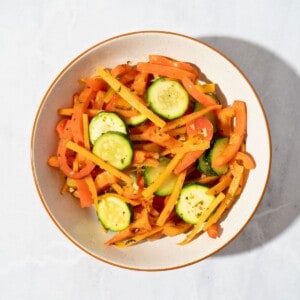

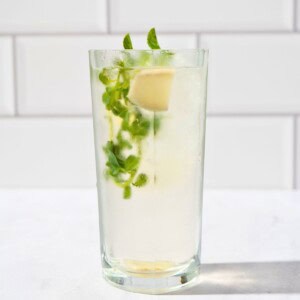
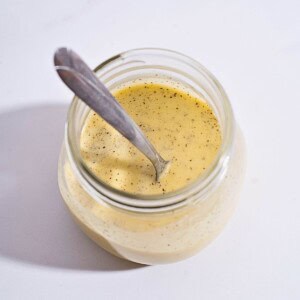
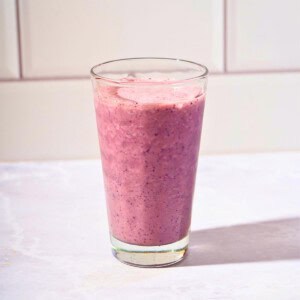
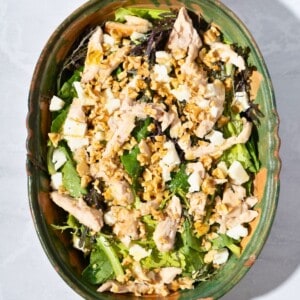
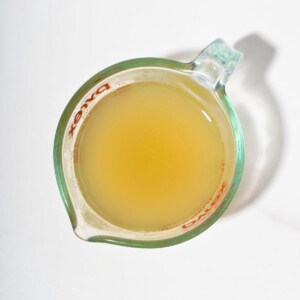
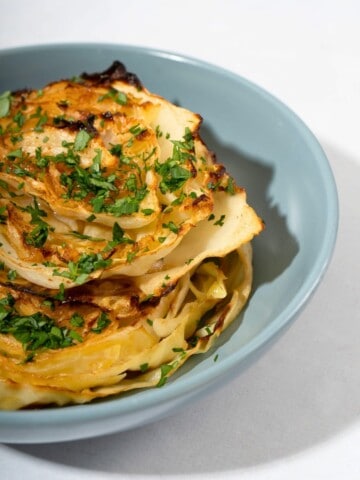
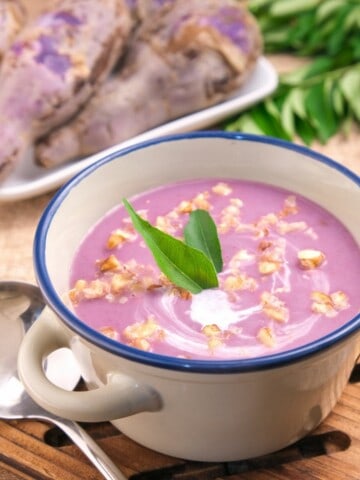
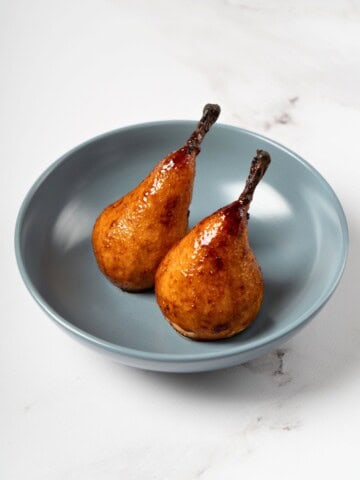
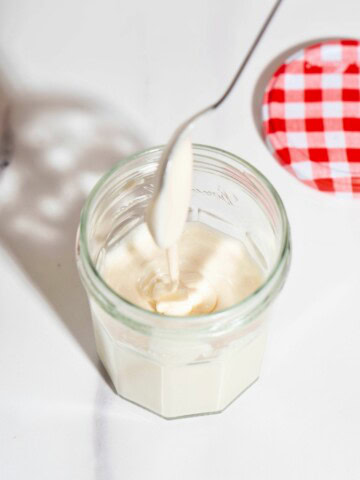
Jean says
This was so helpful! Thank you!!
Max says
You're very welcome!